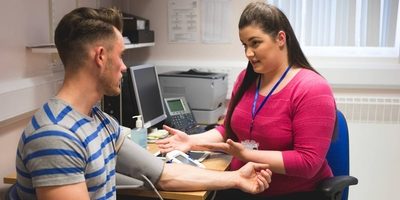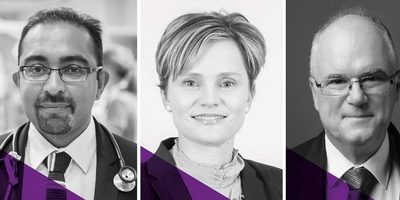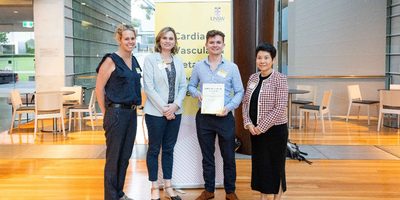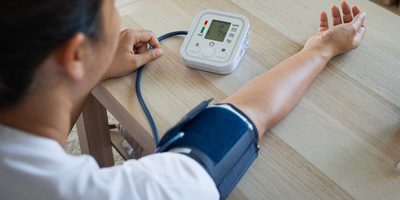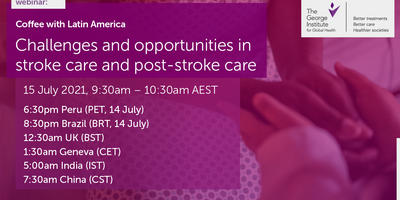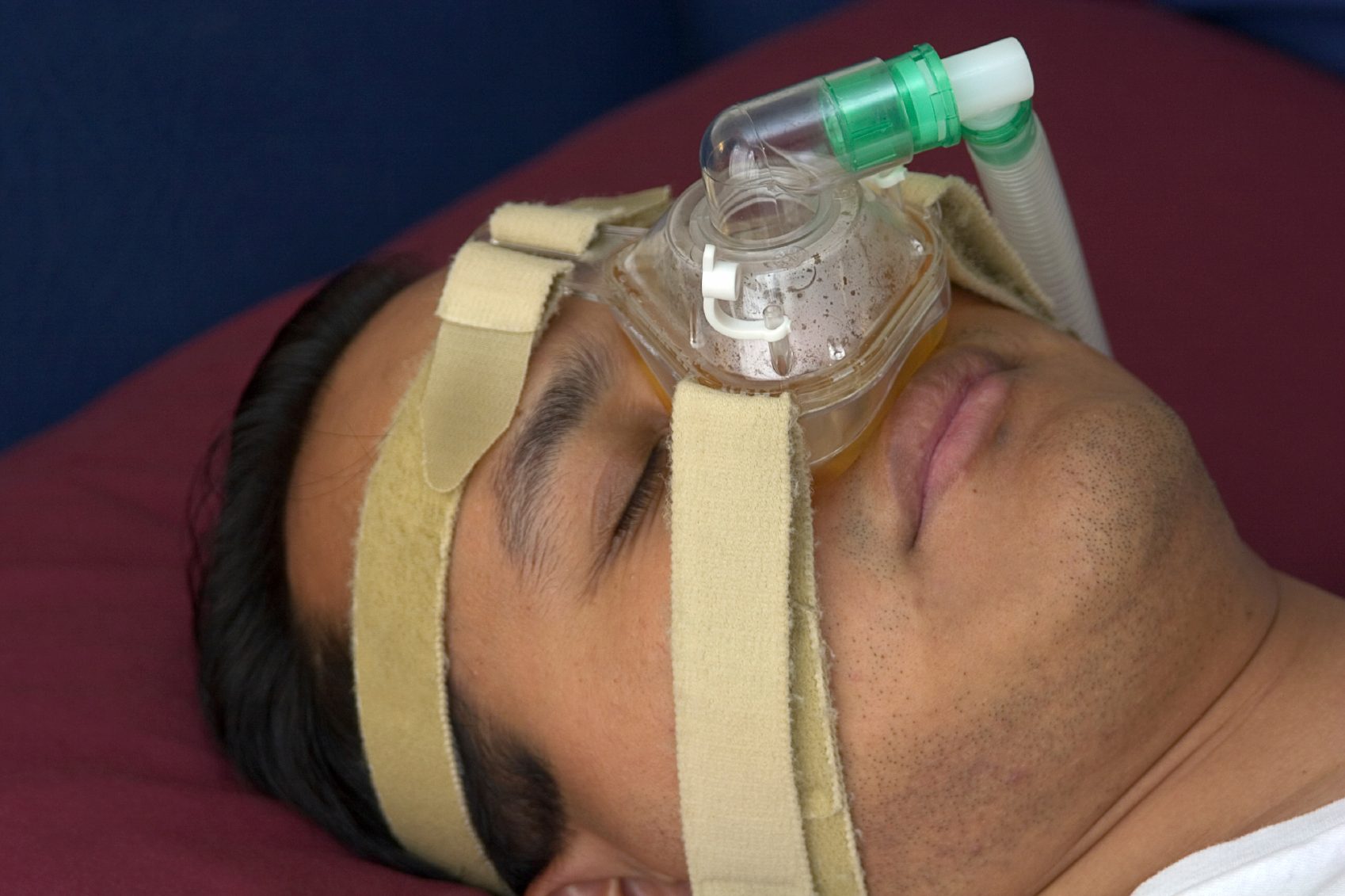
Heart attacks, strokes and blood pressure problems - it's the kind of stuff you lose sleep over
Friday the 16th March is World Sleep Day and researchers at The George Institute for Global Health are calling for a greater focus on the importance of healthy sleeping and the link between cardiovascular disease and sleep issues.
A major Australian-led global study into the deadly risks associated with snoring is now underway to determine if treatment of snoring and obstructive sleep apnea can reduce the incidence of heart attack, stroke and heart failure.
The SAVE study (Sleep Apnea Cardiovascular Endpoints Study) has over 1,500 patients volunteering to assess their sleep and risks but researchers are now calling on Australian and New Zealanders to volunteer to reach its target of 5,000 patients worldwide.
Dr Emma Heeley of The George Institute for Global Health highlights the importance of the study to assist researchers in gathering evidence to better understand the causes of heart attacks and strokes, “Heart disease is the leading killer in this country and stroke is the leading cause of disability. The closer we can get to having a better understanding of the causes of cardiovascular disease, the more information we can provide people on how to read the signs, reduce the risk, and ultimately help prevent these conditions.”
Sleep is a vital component of overall wellbeing, affecting the mental, physical and emotional health of adults and children. Obstructive sleep apnea is a condition where relaxation of throat muscles causes a person to stop breathing for several seconds at a time during sleep. The condition often causes loud snoring and can cause sleepiness and poor concentration. About 10 per cent of middle-aged men and four per cent of middle-aged women in the general population have sleep apnoea, causing them to wake up at least 15 times or more an hour.
Dr Heeley is calling for people aged between 45-75 years who snore loudly and have ever experienced a heart attack or stroke, angina, bypass surgery, a coronary artery stent or
a transient ischemic attack (TIA) to take part in the study.
“Our study will involve measuring the effectiveness of a sleep apnoea treatment known as CPAP (continuous positive airway pressure). The treatment uses a mask to push air into the airways of people who snore and stop breathing which helps them breathe easier during sleep. It is not uncomfortable while you are sleeping and shouldn’t interrupt sleep any more than you might currently experience. The feedback we have received from the 1500 people who have undertaken the study to date has been really positive ”.
Study participants will be randomly allocated to a CPAP treatment group or a group which continues to receive their normal medical care. Both treatment methods will be compared to determine their effectiveness. Only people who have not used CPAP previously can be included.
The international research study is being led in Australia by researchers from the Adelaide Institute for Sleep Health at Repatriation General Hospital (Flinders University) and The George Institute for Global Health. The Australian researchers were recently awarded $3 million from the National Health and Medical Research Council – one of the largest research grants awarded in 2010.
To take part in study or to learn more about the study contact 1800 397 371 (Australia) or www.savetrial.org.
Additional notes: source: www.worldsleepday.org
In addition to clinical sleep problems, poor sleep habits can cause poor quality sleep in adults. To help improve overall sleep and wellness, WSD has launched the 10 Commandments of Sleep Hygiene for Adults:
- Establish a regular bedtime and waking time2. If you are in the habit of taking siestas, do not exceed 45 minutes of daytime sleep.
- Avoid excessive alcohol ingestion 4 hours before bedtime, and do not smoke.
- Avoid caffeine 6 hours before bedtime. This includes coffee, tea and many sodas, as well as chocolate.
- Avoid heavy, spicy, or sugary foods 4 hours before bedtime. A light snack before bed is acceptable.
- Exercise regularly, but not right before bed.
- Use comfortable, inviting bedding
- Find a comfortable sleep temperature setting and keep the room well ventilated.
- Block out all distracting noise and eliminate as much light as possible.
- Reserve your bed for sleep and sex, avoiding its use for work or general recreation.



